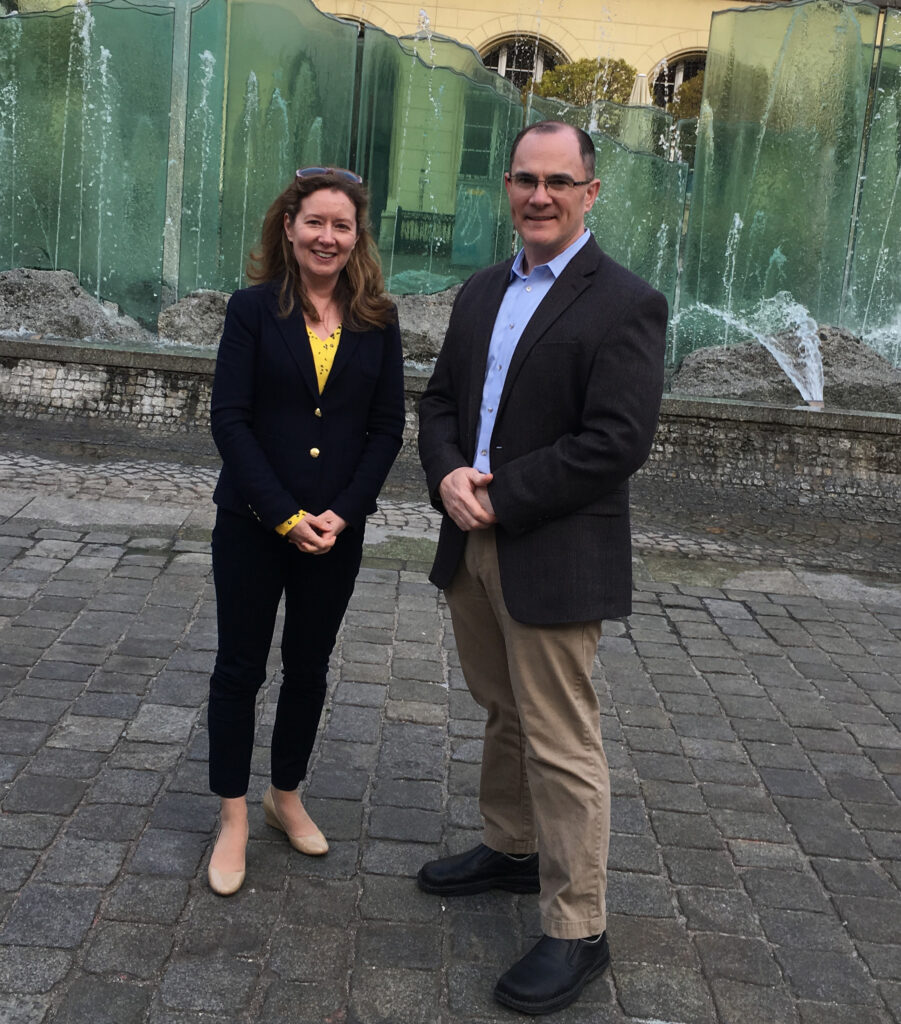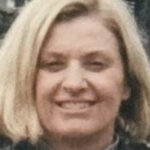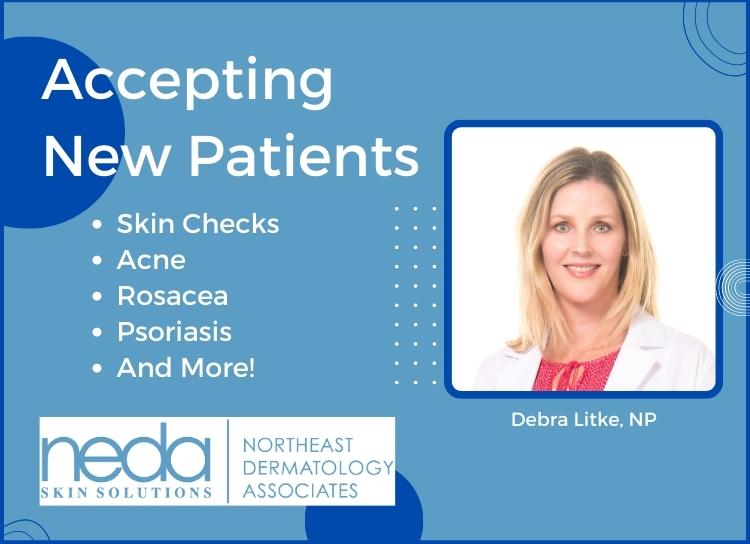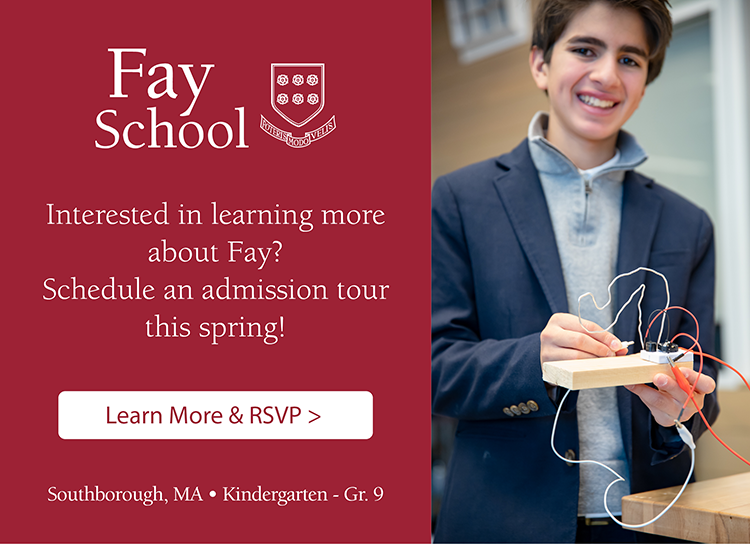
When a family member is diagnosed with an illness, their life is not the only one affected. Their immediate family is impacted, too. How do two people — couples, parent and child, or siblings — deal with an illness? Two Hopkinton residents, Dr. Karen Lyons and Dr. Chris Lee, have been researching how dyads, pairs of people, manage chronic illness together.
Lyons, a psychologist, is a professor at the School of Nursing at Boston College. She is originally from Dublin, Ireland. Her interest in human behavior comes from having identical twin sisters. When she went to college, Lyons thought she wanted to be a therapist. At school, she had many research opportunities, including one where she worked in a nursing home. Those experiences made Lyons realize she wanted to go into research instead.
“I really wanted to do research so that I could make a bigger impact on the lives of older adults,” Lyons said.
She came to the United States to study for her Ph.D. at Penn State, and she worked with Dr. Steve Zarit, a caregiving researcher.
Combining her research experience with older adults and caregiving led her to dyadic research, a topic she has studied for over 20 years.
Lee, a Scituate native, is a professor and the associate dean for research at Boston College. Before becoming a researcher, Lee was a bedside nurse for eight years. He attended graduate school at the University of Pennsylvania School of Nursing to become a nurse practitioner.
“During my coursework, I was exposed to nurses who were doing great work in science and innovation,” Lee said.
Lee switched to research because he wanted to help improve the care for all people with cardiovascular disease instead of one person at a time.
Lee and Lyons worked at the Oregon Health and Science University at the same time. After a few years, there were opportunities to work together.
“Our work was just intriguing to one another,” said Lee.
The professors’ area of expertise is different, but their research is a hybrid of both of their ideas and work.
Lee ended up in Hopkinton 3 1/2 years ago after being recruited by Boston College. This opportunity came around the same time he started collaborating with Lyons. Six months later, Lyons was hired by Boston College as well.
“[Chris] highly recommended [Hopkinton] as a great place to move, so I moved my family here,” Lyons said.
Their research focuses on how dyads manage illnesses. Most other research in the field focuses on how dyads go about life after a diagnosis.
Their research is timely, as 1 in 5 American adults are family caregivers, according to AARP. Lyons said caregiving is a significant experience for many people, so it is necessary to help the person with the illness and the person caring for them.
Currently, they are conducting the Taking Care of Us study to test what helps dyads manage heart failure. They are recruiting participants through Tufts Medical Center and are receiving funds through the National Institute of Aging. The study is enrolling couples until next summer. Participants must be adults with heart failure who have a spouse also willing to participate.
Once participants are signed up, they answer questions about their health and the health of each other. Then, they are randomly placed into one of two intervention programs, Taking Care of Us or SUPPORT.
“We have two programs that we believe are helpful and supportive, and we ask people at the end what do they like and not like, because we want to make them even better,” Lyons said.
Lyons and Lee created both intervention programs. The difference is Taking Care of Us has seven sessions versus three and is more focused on the caregiver.
“We have two programs in the study because a lot of times people will sign up for an intervention study, then they get randomized to the control group, and they don’t get anything,” said Lyons. “We didn’t want to do that because we have enough knowledge and research that we know what helps.”
Both programs will help dyads manage their heart failure symptoms and work together. SUPPORT focuses on lifestyle and managing heart failure symptoms. Taking Care of Us does what SUPPORT does and focuses more on the caregiver.
“What we try to do in the sessions is identify strengths that the couple already has, and work with those to make it easier for them to manage heart failure together as a team,” Lee said.
Lee and Lyons decided to test out their intervention program on couples with heart failure first because that is where they have the most combined clinical and research expertise. However, their intervention system is helpful to all dyads managing an illness.
“We’re really interested in helping all adults and particularly older adults manage any chronic illness,” Lee said.
After completing this study, Lee and Lyons hope to test the Taking Care of Us intervention program with dyads dealing with different chronic illnesses.






















0 Comments